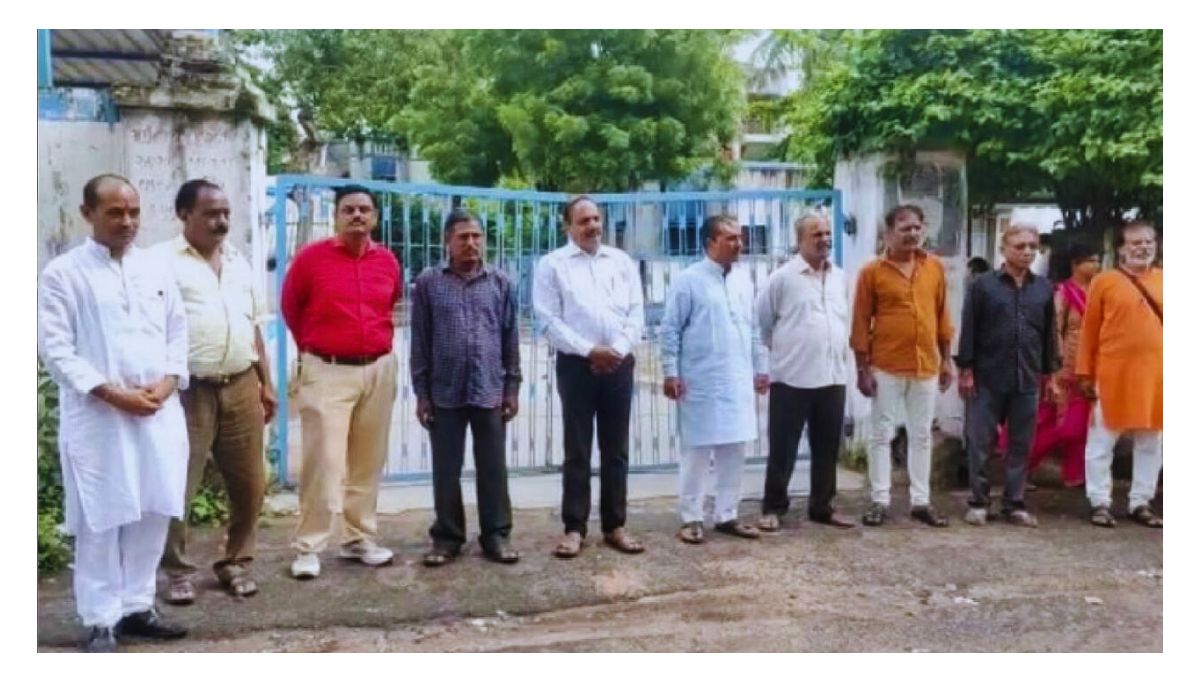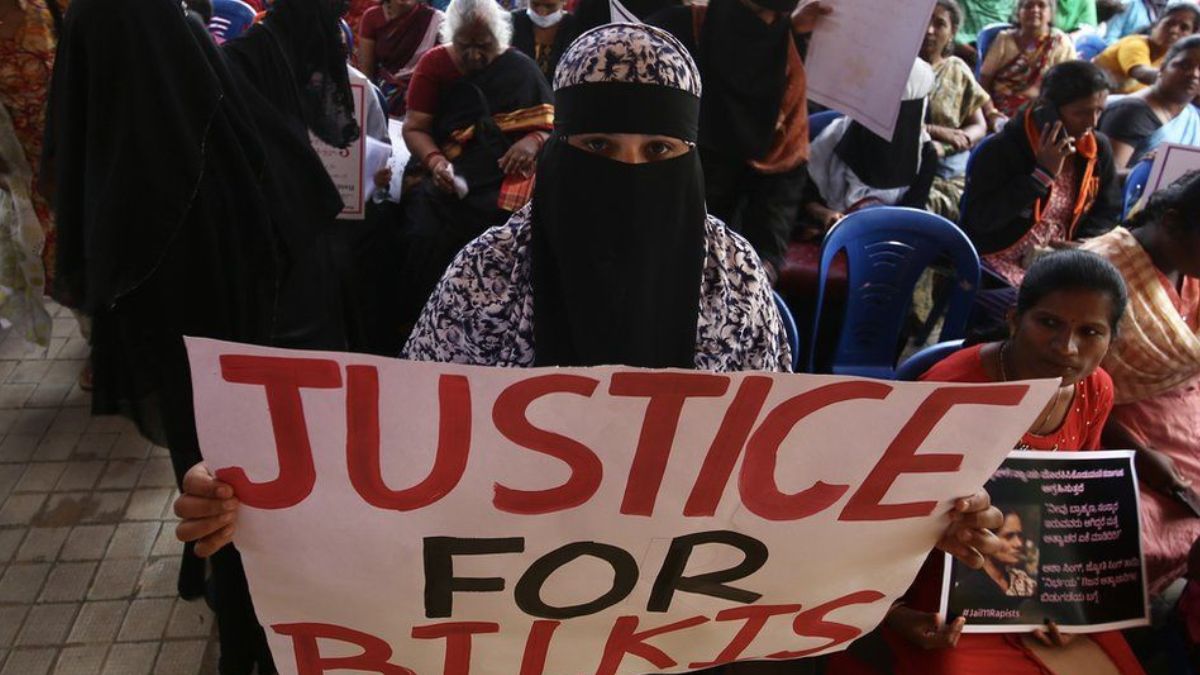In a development riddled with controversy, Pradip Modhiya, one of the convicts involved in the Bilkis Bano gangrape case, has been granted a five-day parole by the Gujarat High Court. This decision comes merely weeks after Modhiya and 10 other life-term convicts surrendered at the Godhra sub-jail on January 21, complying with the Supreme Court’s directive. Modhiya’s parole, permitted from February 7 to 11 by Justice M R Mengdey on February 5, follows the demise of his father-in-law. Modhiya’s plea for 30-day parole, submitted on January 31, was contested by the prosecution, citing his previous punctual return from parole and his good conduct within the correctional facility.
The surrender of Modhiya and his fellow convicts followed the annulment of their remission and premature release by the Supreme Court on January 8. This annulment overturned the Gujarat government’s decision to release the convicts on August 15, 2022, under a remission policy dating back to 1992. The release had been prompted by a May 2022 Supreme Court order in response to a petition filed by convict Radheshyam Shah, which was challenged by Bilkis Bano.
Among the 11 surrendered convicts were Radheshyam Shah, Jaswant Nai, Govind Nai, Kesar Vohania, Baka Vohania, Raju Soni, Ramesh Chandana, Shailesh Bhatt, Bipin Joshi, Mitesh Bhatt, and Pradip Modhiya, hailing from Singwad in Dahod district. Their timely surrender underscored the legal turbulence surrounding the case, with implications extending beyond the confines of the courtroom.

The Bilkis Bano gangrape case is a harrowing tale of violence and injustice that unfolded during the communal riots in Gujarat in 2002. Bilkis Bano, then a pregnant woman, was subjected to unspeakable horrors, including the brutal gangrape of herself and the killing of her three-and-half-year-old child and other family members. The perpetrators of these heinous crimes were convicted and sentenced to life imprisonment, but their recent parole raises troubling questions about the priorities and motivations of the authorities involved.
Many see the parole as a cynical move motivated by political considerations rather than genuine concerns for justice or compassion. The Union Government’s approval of the release of the convicts has been condemned as a betrayal of the nation’s values and a stain on its conscience. It is viewed as a stark reminder of the pervasive influence of political power and the erosion of institutional integrity in India’s democratic framework.
The release of the convicts sends a chilling message to survivors of sexual violence and marginalized communities across the country. It undermines faith in the legal system and reinforces perceptions of impunity for those who commit crimes against women and minorities. It also highlights the urgent need for comprehensive reforms to ensure accountability, transparency, and fairness in the administration of justice.
In the face of such blatant injustice, it is incumbent upon all citizens to demand accountability from their elected representatives and hold them to the highest standards of integrity and ethical conduct. The Bilkis Bano case must serve as a rallying cry for all those who believe in the principles of equality, justice, and human rights. Only through steadfast vigilance and unwavering commitment to these ideals can we hope to build a society where every individual is treated with dignity, respect, and fairness under the law.


